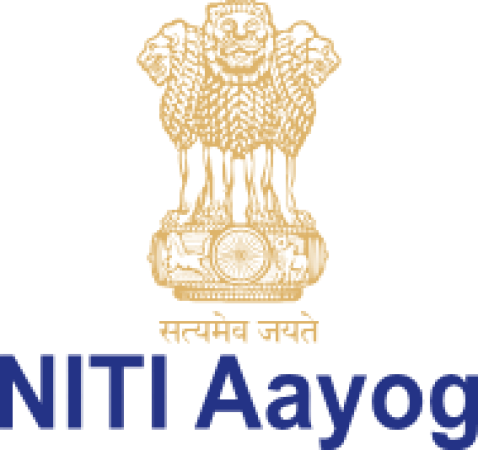
Follow India Renewable Energy News on WhatsApp for exclusive updates on clean energy news and insights
Adviser (Infrastructure) NITI Aayog on India's Electric Mobility Future
Jan 14, 2025
The government has set ambitious goals to transition to electric vehicles (EVs) by 2030 as part of its climate change strategy. The National Mission on Electric Mobility aims to achieve annual sales of 6-7 million hybrid and EVs, starting from 2020. At the “E-mobility and Charging Infrastructure” conference, Anil Srivastava of NITI Aayog highlighted the potential, challenges, and future of EVs in India.
Globally, countries like Norway, France, the UK, and China have made significant strides in EV adoption, with China leading in charging infrastructure and battery production. In India, EVs currently account for less than 0.2% of vehicles. However, projections suggest that by 2030, 35% of vehicles manufactured in India will be EVs, potentially reaching 55-60% by 2040.
Challenges include building a new energy distribution network, addressing charging infrastructure, and reducing dependency on fossil fuels. India’s automobile sector, growing at 7-9% annually, is expected to produce 66-75 million vehicles by 2026, creating opportunities for EV penetration.
Environmental concerns, coupled with commitments like the Paris Climate Accord, drive India's EV transition. Battery costs are projected to drop significantly, enhancing affordability. With proper implementation, India could emerge as a global leader in EV adoption by 2030.